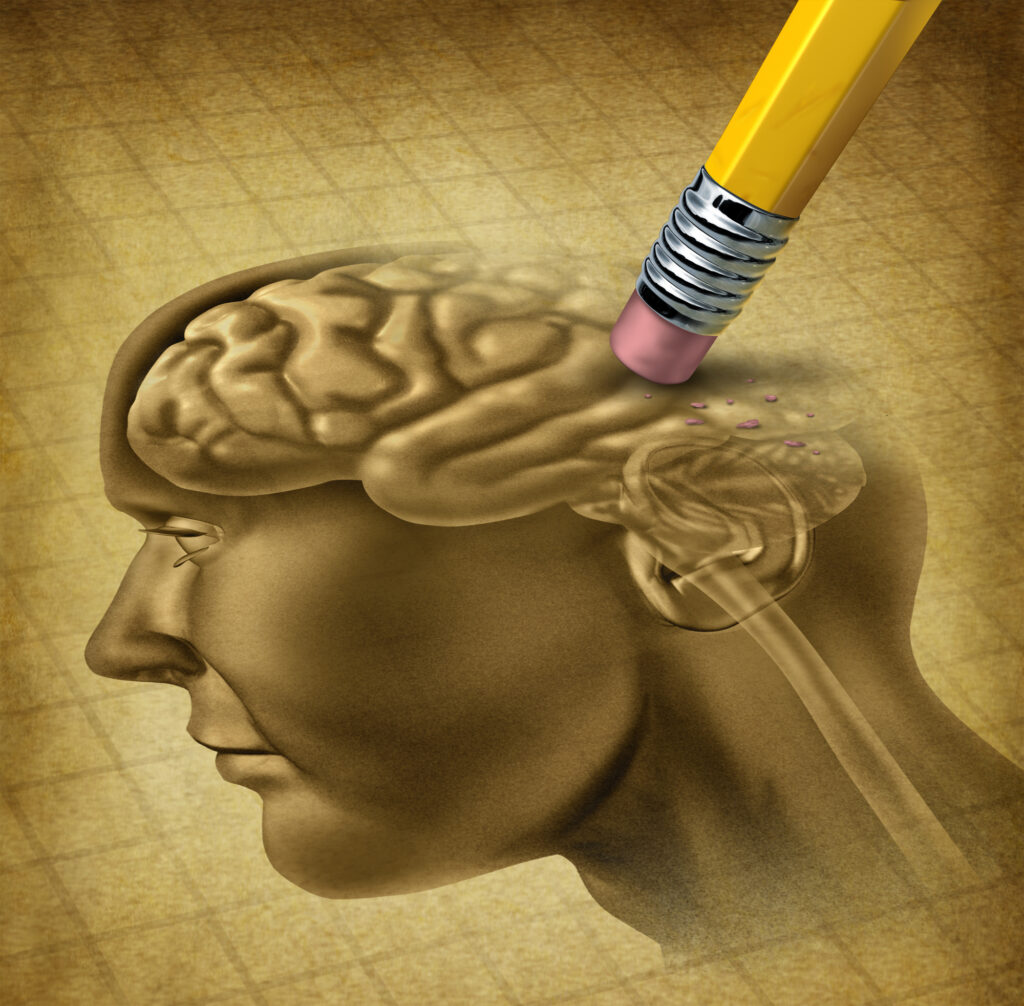The research on choline’s brain-boosting benefits keeps building. In the latest study from Aging Cell, researchers have linked a deficiency in this vitamin-like nutrient with Alzheimer’s disease in mice.
Insufficient levels of choline, a methyl donor often grouped with B vitamins, negatively impact other organs in addition to the brain, particularly the heart and liver. And unfortunately, more than 90 percent of Americans fail to get the recommended daily intake of choline, said the study authors.
Choline plays a role in numerous physiological processes, from metabolism and methylation to neurotransmitter synthesis.
Study Details
When otherwise healthy mice were starved of choline, it caused profound changes in the brain, leading to symptoms associated with Alzheimer’s disease, such as the development of tau tangles and amyloid plaques.
The scientists also observed that choline deficiency brings about heart enlargement and damage to the liver. Weight gain and changes in glucose metabolism (linked to diabetes), as well as motor skill problems, were noted among the mice too.
“We find that dietary choline deficiency (Ch-) throughout adulthood led to motor impairments, weight gain, impaired glucose metabolism, cardiac pathology, and liver disease, in both NonTg and 3xTg- AD mice, and elevations of AD pathology in the 3xTg-AD mouse. We confirmed significantly lower levels of choline in plasma and brain tissue with Ch- and found no compensation of liver PEMT [phosphatidylethanolamine N-methyltransferase] for dietary choline deficiency. Notably, postmenopausal females and males do not respond to low choline supply due to a lack of PEMT induction, however, premenopausal females have been shown to be protected from low choline,” said the Arizona State University research team.
It is important to add that choline plays a key role in reducing homocysteine in the blood, elevated levels of which are connected to heart disease and neurodegeneration.
The recommended daily amount may not be enough, said Ramon Velazquez, a senior author of the study. Those on mostly plant-based diets will face the greatest challenge in getting enough choline. Some of the best food sources of choline include eggs, red meat, liver, fatty fish, navy beans, and broccoli.
Conclusion
“In conclusion, adequate choline intake is important for health across a variety of bodily systems; metabolic, cardiac, liver, and neurological. If generalized to humans, these findings may help mitigate the estimated increase in the prevalence of AD and illustrate the importance of adequate dietary choline intake throughout adulthood to offset disease occurrence for the general population.”






